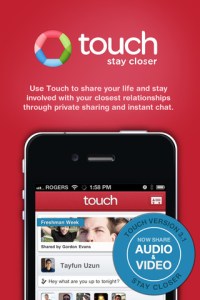
Photograph: Josep Lago/AFP/Getty Images
Huawei, the Chinese telecoms equipment group, has unveiled what it claims is the world’s fastest smartphone and announced a 60% annual rise in shipments of its mobile devices.
Headlining at the mobile phone industry’s annual gathering in Barcelona, which opened its doors a day after hundreds of thousands of demonstrators rallied across Spain in protest at national austerity, Huawei presented its latest device to run on Google’s Android software.
The Ascend P2 connects to the web two or three times faster than other smartphones when using Wi-Fi, its maker claims, downloading high-definition films in minutes and videos, songs and eBooks in just seconds.
In the Christmas quarter, Huawei overtook BlackBerry to become the world’s third largest smartphone maker. Although it is some way behind Samsung and Apple, its less expensive but high-performing handsets are attracting a growing following.
It shipped a total of 127m consumer devices last year, of which 32m were smartphones alongside more basic “feature” phones, home broadband modems and dongles to connect laptops to mobile networks.
The division generated $7.5bn of revenues in 2012, a 10% increase on the previous year. Overall income including sales of network equipment to telecoms companies totalled $35.4bn, bringing Huawei level for the first time with the market leader Ericsson.
For the full story check out The Guardian

Jordan Couzens is the man behind JordanTBH Technologies. He has a keen interest in Technology and Computer Programming.
Some links are affiliated links and therefore it helps our websites and software stay free, as it is tracked to us. If you go through it, it can sometimes result in a payment or benefit to the site. It’s worth noting this means the third party used may be named on any credit agreements. If it isn’t possible to get an affiliate link for the top deal, it is still included in exactly the same way, just with a non-paying link.



